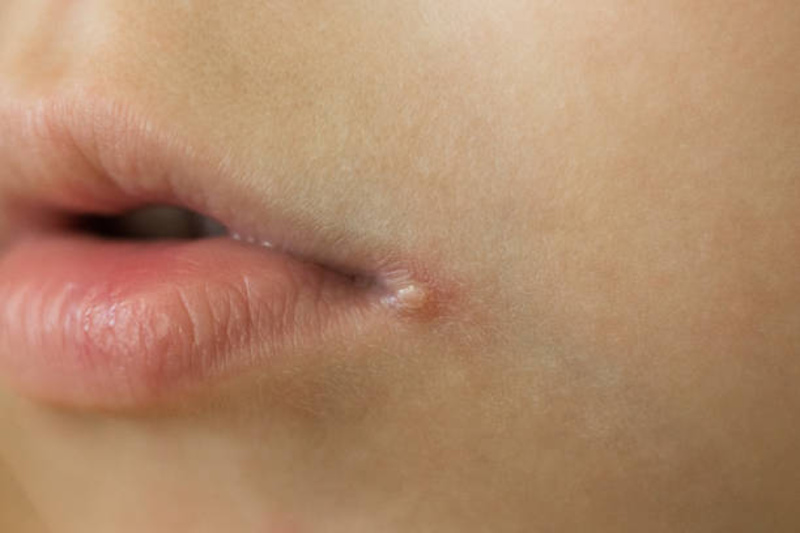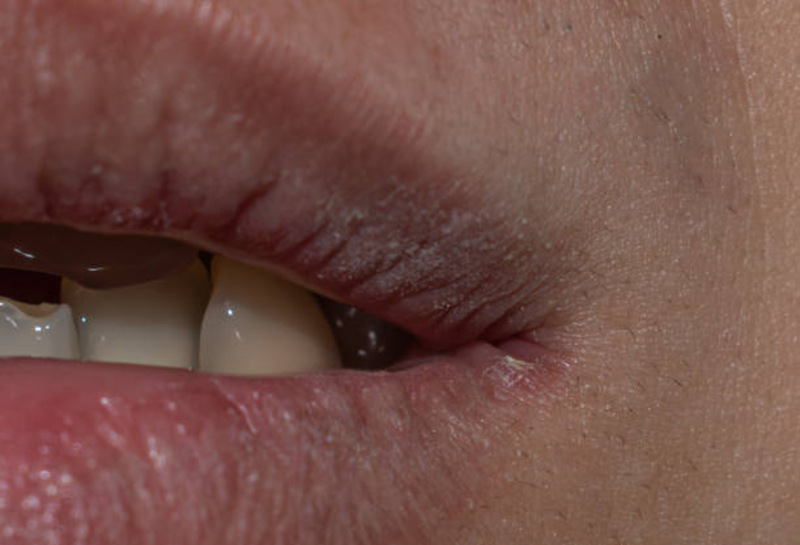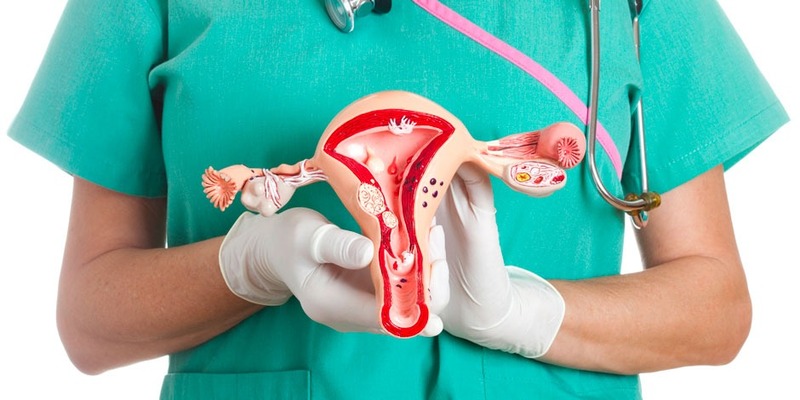Do you have cracks near the mouth and lips? Do they often look red or inflamed, causing burning and itching sensations in the surrounding areas? You may be suffering from skin cheilitis: a common yet uncomfortable condition that affects millions of people worldwide. In this blog post, we will explore what causes skin cheilitis, its symptoms so you can better recognize it without professional help, and finally discuss some treatment options to find relief. Keep reading to learn more about how to manage your skin cheilitis!
What is Skin Cheilitis and What Causes It?
Skin cheilitis, commonly known as chapped lips, is a condition characterized by dry and cracked skin on the lips. Although it may seem like a minor problem, it can not only cause discomfort but also lead to more serious complications if left untreated. Several factors can cause skin cheilitis, including:
- Cold weather.
- Dehydration.
- Exposure to irritants such as saliva or chemicals found in lip products.
In some cases, skin cheilitis can also result from medical conditions like anemia or autoimmune diseases. To manage skin cheilitis, it's crucial to identify the underlying cause and take appropriate measures like hydrating the lips, using lip balms or ointments, and avoiding triggers that worsen the condition.
Common Symptoms of Skin Cheilitis:

Skin cheilitis is a condition that involves inflammation of the lips or skin around the mouth. While it can affect anyone, it is commonly seen in individuals with skin conditions such as eczema or psoriasis. Some of the most common symptoms of skin cheilitis include
- Redness.
- Cracking at the corners of the mouth.
- Dryness and peeling of the lips.
- Pain or burning sensations.
- Pus-filled blisters.
It is important to seek medical attention if you experience these symptoms, as they can be indicative of other underlying health issues. Additionally, taking steps such as avoiding irritants and keeping the lips and surrounding area moisturized can help manage and prevent further issues.
Treatment Options for Skin Cheilitis:
Skin cheilitis is a common condition that causes inflammation, scaling, and cracking of the lips. The condition can be quite painful and can even lead to bleeding. Thankfully, there are several treatment options available to alleviate these symptoms.
- Topical ointments, such as corticosteroids or antifungal creams, can be effective in reducing inflammation and preventing infections.
- Moisturizing balms or lip balms can help soothe dryness and prevent further cracking. In more severe cases, oral medications may be prescribed.
- It's important to consult a healthcare professional for a proper diagnosis and treatment plan.
By following these options, those suffering from skin cheilitis can find relief and regain confidence in their appearance.
Home Remedies that May Help with Skin Cheilitis:
Skin cheilitis can be an uncomfortable and painful condition to deal with. There are several home remedies that may provide some relief.
- Applying honey to the affected area, as it has antimicrobial and anti-inflammatory properties.
- Coconut oil, which can help moisturize and soothe the skin.
- Aloe vera gel is also a great option, as it contains compounds that reduce inflammation and promote healing.
- Drinking plenty of water and avoiding irritants such as spicy foods and harsh chemicals can also help improve the symptoms of cheilitis.
By incorporating these simple remedies into your skincare routine, you may be able to find relief from this frustrating condition. So, give these remedies a try and see if they work for you!
When to See a Doctor for Skin Cheilitis?
As much as we may try to avoid it, skin cheilitis can occur for a variety of reasons. From exposure to extreme weather conditions to allergic reactions, the inflammation and dryness around our lips can quickly become uncomfortable. While there are various at-home remedies that can be tried, It's time to seek the advice of a medical professional. If you've noticed persistent cracking and redness, accompanied by pain or itching, it may be a sign that it's time to schedule an appointment with your doctor. They can assess the severity of your cheilitis and determine the best course of treatment to soothe and heal the affected area. Don't suffer in silence, book an appointment with your doctor today and take the first step towards healthier, happier skin.
Prevention Tips for Avoiding Skin Cheilitis:

Skin cheilitis can be a painful and uncomfortable condition that affects the lips, making them red, swollen and cracked. There are several prevention tips that can help you avoid this condition.
- Keeping your lips moisturized is a crucial step in preventing skin cheilitis.
- Use a lip balm that contains natural ingredients such as beeswax, shea butter, or coconut oil.
- It’s also essential to stay hydrated by drinking plenty of water throughout the day.
- Avoid licking your lips as this can dry them out even more.
- Protect your lips from the sun’s harmful rays by using a lip balm that contains SPF.
Conclusion:
All in all, skin cheilitis is a common inflammatory skin condition that can cause significant discomfort and distress, but it can also be successfully treated. It’s important not to ignore the symptoms and to consult a doctor when necessary. To prevent flare-ups of skin cheilitis, it’s important to follow good hygiene habits such as avoiding contact with irritants and allergens, keeping the area dry and clean, staying moisturized and properly protecting the lips when venturing outdoors. Taking preventive steps will help ensure that your skin remains clear and healthy!
FAQs:
Can Skin Cheilitis spread to other parts of the body?
Skin Cheilitis primarily affects the lips and the skin around the mouth. However, if caused by an underlying condition like eczema or an allergic reaction, it's possible for similar symptoms to appear on other parts of the body.
Can Skin Cheilitis be a symptom of other health problems?
Yes, in some cases, Skin Cheilitis can be a symptom of other health problems such as nutritional deficiencies, autoimmune diseases, or oral infections. Therefore, persistent or severe symptoms should always be evaluated by a healthcare professional.
Is Skin Cheilitis contagious?
No, Skin Cheilitis is not contagious. However, if it's caused by a fungal or bacterial infection, it could potentially be spread through direct contact.




